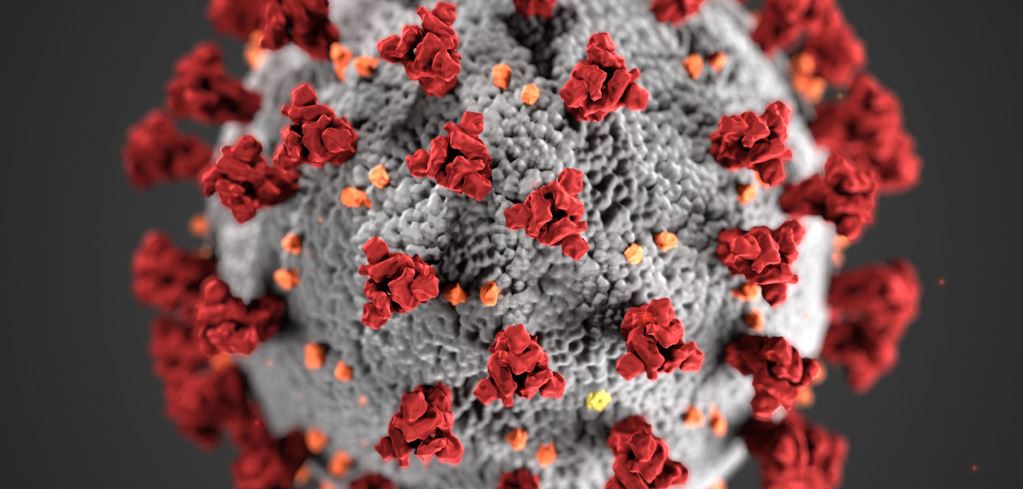QUEEN'S AWARDED GRANT TO FIND COVID-19 TREATMENT

23 March 2020
Researchers at the Wellcome-Wolfson Institute for Experimental Medicine at Queen’s University Belfast have been awarded a grant of £295,626 in a bid to find an urgently-needed treatment for COVID-19.
The funding grant has been awarded as one of a first round of projects that will receive £10.5 million as part of the £20 million rapid research response funded by UK Research and Innovation, and by the Department of Health and Social Care through the National Institute for Health Research.
Lead researcher Ultan Power, who has worked at Queen’s since 2004, is a Professor of Molecular Virology at the Wellcome-Wolfson Institute for Experimental Medicine.
An internationally eminent virologist, Professor Power’s long-spanning career has primarily focused on respiratory syncytial virus (RSV), the leading cause of severe bronchiolitis in young infants and a major cause of severe lung disease in the elderly and immunocompromised individuals.
Along with a team of postdoctoral researchers, PhD students and a technician the Queen's group members will direct their expertise to screen existing drugs for activity against COVID-19.
Professor Power said: “The thousands of deaths caused by coronavirus have been as a result of how the virus attacks the respiratory system, both directly and through stimulating violent immune responses.
“Our expertise in this area, coupled with the state-of-art models of lung tissue infection in my laboratory, enables us to explore in detail how respiratory viruses cause disease.
“This puts us in a unique position to find an urgently-needed treatment.”
The research will screen drugs currently approved for human use, including a number used to treat respiratory diseases, antivirals, and drugs which affect the immune system.
The drugs will be applied to the SARS-CoV-2-infected cells to determine whether they are effective in killing the virus or dampening down the violent immune responses that cause lots of damage to the lung tissues.
Professor Power explained: “Developing new drugs can take a long time and is very expensive. When facing a pandemic, it is crucial that we find treatment options as soon as possible.
“Our research approach will focus on drugs that are already approved for human use to see whether they can be repurposed to fight COVID-19.”
Ken Mills, Professor of Experimental Haematology at The Patrick G Johnston Centre for Cancer Research and collaborator on the study added: “This project arose from an innovative partnership using drug screening methodology used for leukaemia research combined with novel virology expertise and models.
“The integration of these two approaches will provide unique new leads to combat the disease.”
Queen’s has a long history in researching viruses, developing diagnostics and finding treatments and vaccines. This includes common respiratory viruses, such as RSV, rhinoviruses, measles virus, and mumps virus.
Professor Stuart Elborn, Pro Vice-Chancellor of the Faculty of Medicine, Health and Life Sciences and lung infection expert said: “Queen’s University has a wealth of research expertise in a range of viral diseases, from understanding how viruses spread to how they affect our immune system as well as leading clinical trials and developing treatments and vaccines.
“We will harness this knowledge and apply our expertise and learning to tackle the COVID-19 pandemic.”
COVID-19 INNOVATION FUND
Your support will help our work to produce innovative protective equipment for healthcare workers as well as using simulation-based training to equip our students in the healthcare professions with the skills and confidence required for their early entry into the mainline workforce.
If you would like to support the University in its efforts to tackle the pandemic, please click here.
Media enquiries to Queen’s Communications Office.
Back to Main News
Top of Page